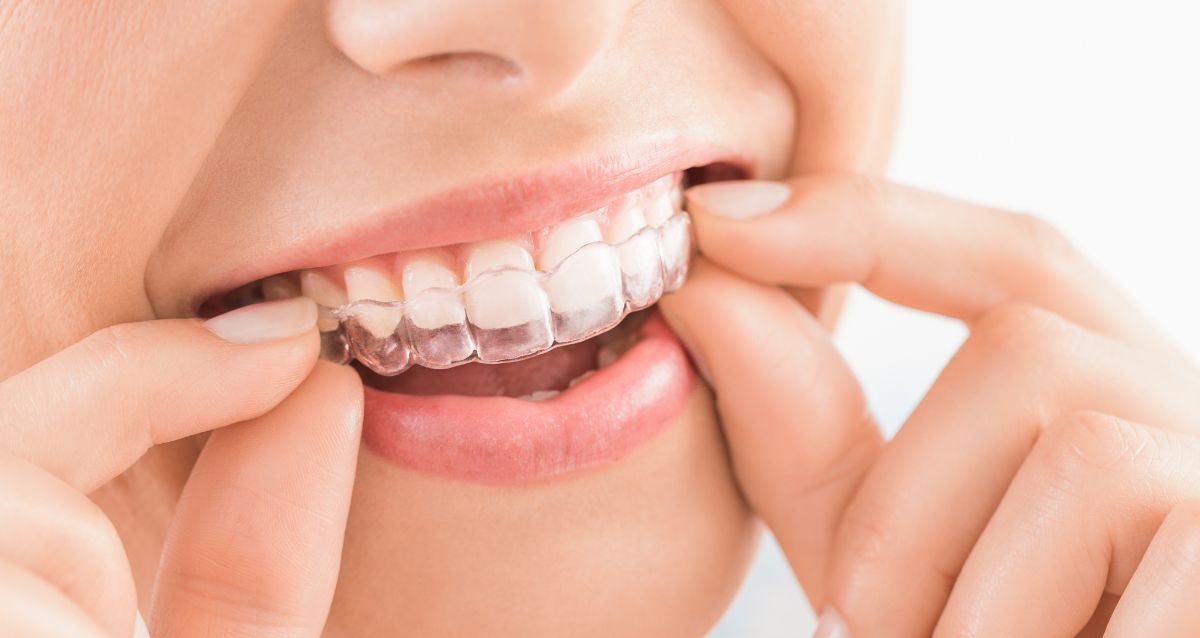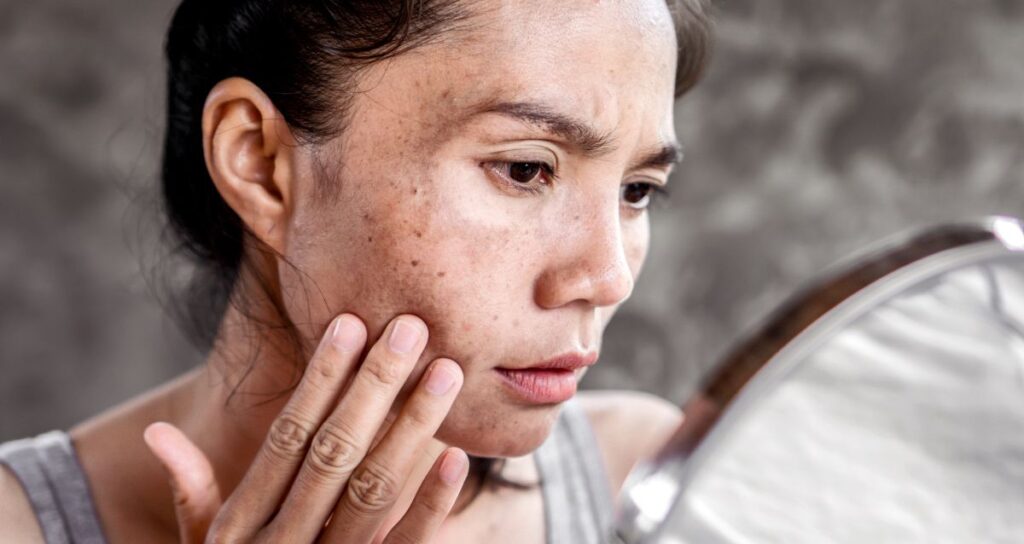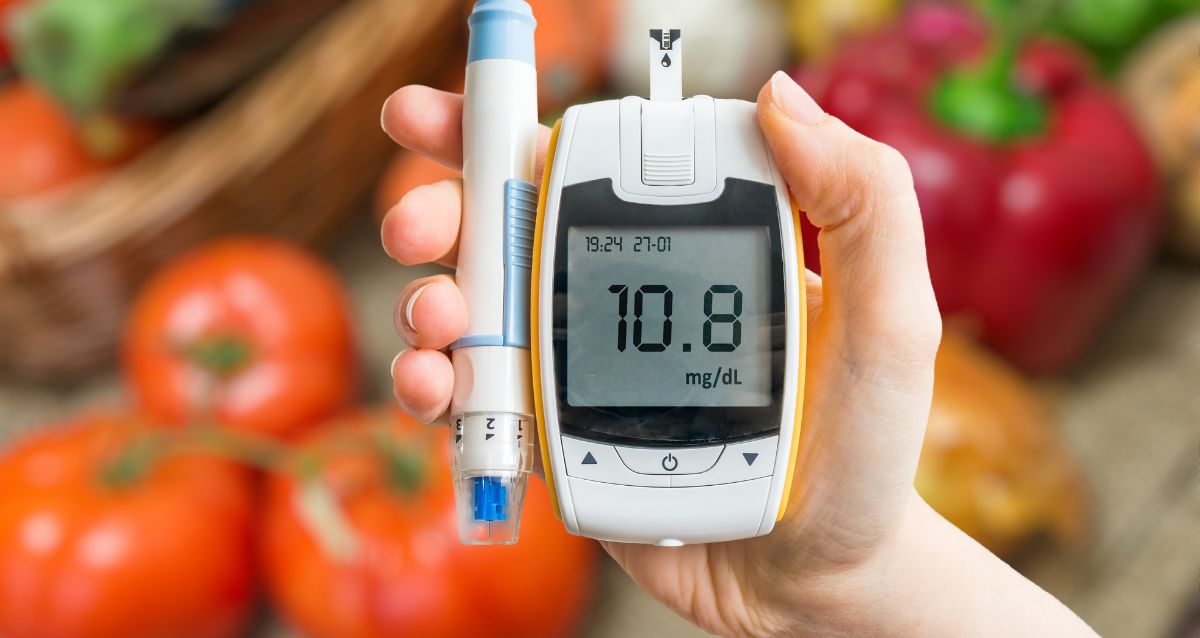
Ways of Taking Care of Your Skin
Relationship Between Liver and Skin Health
Introduction
- The condition of our skin, the largest organ, is heavily influenced by internal factors, particularly the liver.
Connection Between Liver and Skin
- The liver and skin, as two of the largest and primary eliminatory organs, share significant functional similarities.
- They work alongside other organs like the kidneys, lungs, and intestines to detoxify the body and adapt to environmental factors.
Linking Skin and Liver Health
- Daily exposure to pollutants, unclean water, and processed foods necessitates robust detoxification mechanisms.
- The liver’s critical role involves detoxifying harmful substances and managing hormone levels.
- In cases where the liver is overwhelmed, the skin helps in the detox process, which can manifest as irritation, rashes, and acne.
Liver Health Factors Affecting Skin Condition
Gut Dysbiosis
- Imbalances in gut flora can lead to inflammation visible on the skin.
Small Intestinal Bacterial Overgrowth (SIBO)
- Linked to acne and rosacea, studies indicate that resolving SIBO can improve these conditions.
Hypochlorhydria
- Low stomach acid is common in acne and rosacea sufferers, affecting overall health and skin appearance.
Leaky Gut
- A leaky gut can cause systemic inflammation, visible as skin issues.
Toxins
- Inefficient toxin removal can lead to skin breakouts and signs of ageing.
Sex Hormones
- Imbalances in hormone metabolism by the liver can trigger skin conditions like acne.
Blood Sugar Imbalances
- High blood sugar levels are associated with perceived skin ageing and acne.
Oxidative Damage
- Oxidative stress can lead to skin wrinkling and inflammatory conditions, mitigated by increased antioxidant intake.
Inadequate Fat Breakdown
- Poor fat digestion by the liver can lead to widespread inflammation, impacting the skin.
Skin Issues Linked to Liver Function
Dermatitis and Eczema
- These conditions may indicate underlying liver issues, such as cholestasis.
Hives
- Often linked to allergies, but can also suggest liver health problems.
Melasma
- This skin condition could be related to liver dysfunction and high cholesterol.
Premature Ageing
- Poor liver health can lead to early signs of ageing and skin issues.
Cellulite
- A result of compromised lymphatic drainage and hormonal imbalances potentially tied to liver function.
Nutritional Support for Skin Health
High-Quality Protein
- Essential for maintaining skin health and appearance.
Natural and Healthy Fats
- Supports skin hydration and health through omega-3 fatty acids and vitamin E.
High Fibre
- Aids in toxin removal and supports gut health, which is crucial for skin health.
Vitamin E Foods
- Vital for skin detox and health, found in various oils and nuts.
Antioxidant-Rich Polyphenols
- Help reduce skin ageing and support overall skin health.
Vitamin C Foods
- Important for collagen synthesis and reducing skin inflammation.
Ingredients to Avoid
Sugar
- Can cause inflammation and accelerate ageing.
Saturated Fats
- May lead to an adverse shift in gut flora and inflammation.
Excess Omega-6
- While omega-3 is beneficial, too much omega-6 can be pro-inflammatory.
Lifestyle Choices for Healthy Skin
Hydration
- Essential for maintaining skin health, though its role in enhancing skin quality needs more research.
Rest and Stress Management
- Crucial for managing stress-related skin conditions and overall skin health.
Regular Exercise
- Helps in stress reduction and promotes better skin health through improved circulation.
BLOG
Related Articles


Rehab after a Slip Disc.
Avijit Brahma
April 26, 2024
No Comments

Exercises To Help You in Slip Disc
Avijit Brahma
April 26, 2024
No Comments

Can Masturbation lead to Depression?
Avijit Brahma
April 26, 2024
No Comments



